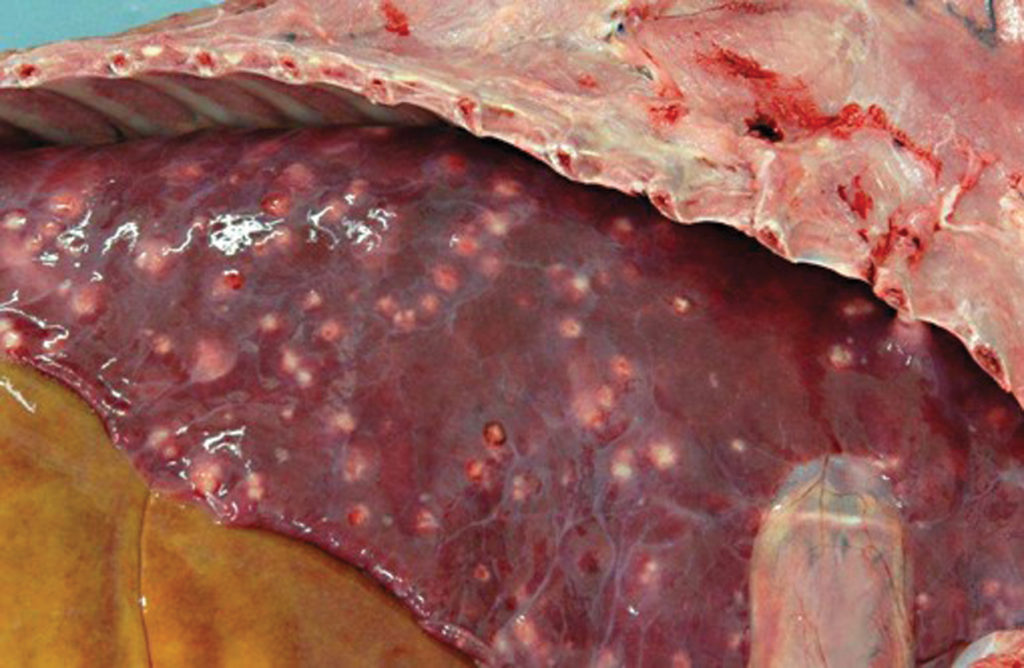Farm & Ranch
Rhodococcus Infections in the Foal

By Lauren Lamb, DVM
Rhodococcus pneumonia is one of the most common causes of pneumonia in foals one to four months of age. Rhodococcus equi (R. equi) is the bacterial that causes an infection in foals. R. equi infections are usually localized to the lungs and cause abscess formation within the lungs. Although rare, R. equi can also cause infection in other body systems such as the eye, bone, joints and abdomen (diarrhea or abscess). Adult horses rarely develop a R. equi, unless there is an underlying severe immunodeficiency present.
R. equi can be found on most horse farms globally. The R. equi can survive in the environment for long periods of time and withstand some of the harshest climates. Just because the bacteria is present in the soil does not automatically result in a foal becoming infected with R. equi. High stocking densities, low soil moisture and low pasture height can also increase the risk of a foal developing a R. Equi infection.
Rhodococcus equi has a relatively simple lifecycle. The bacteria is inhaled from the environment, usually in the form of dust. The airborne bacteria is transported to the lungs, where several abscesses are formed and the pneumonia begins. A secondary route of infection is via ingestion of bacteria, followed by entry of the bacteria into the blood stream. Once the bacteria is in the blood stream it will seed the lungs.
To read more pick up a copy of the April 2018 issue. To subscribe call 940-872-5922.

Radiographs of a three-month-old foals lungs infected with R. equi. (Photo courtesy of veteriankey.com)
Farm & Ranch
Managing Show Cattle Through The Winter

By Heather Welper
Husband and wife duo, Heather and Calvin Welper, are the Co-Owners and Operators or Two C Livestock, located in Valley View, Texas.
The pair’s operation has a show cattle focus where they raise and sell purebred heifers of all breeds and club calf Hereford steers.
When it comes to show cattle, the Welpers know a thing or two including how to prepare for the cold winter months and the Texas major show season run.
To read more, pick up a copy of the November edition of North Texas Farm & Ranch magazine, available digitally and in print. To subscribe by mail, call 940-872-5922.
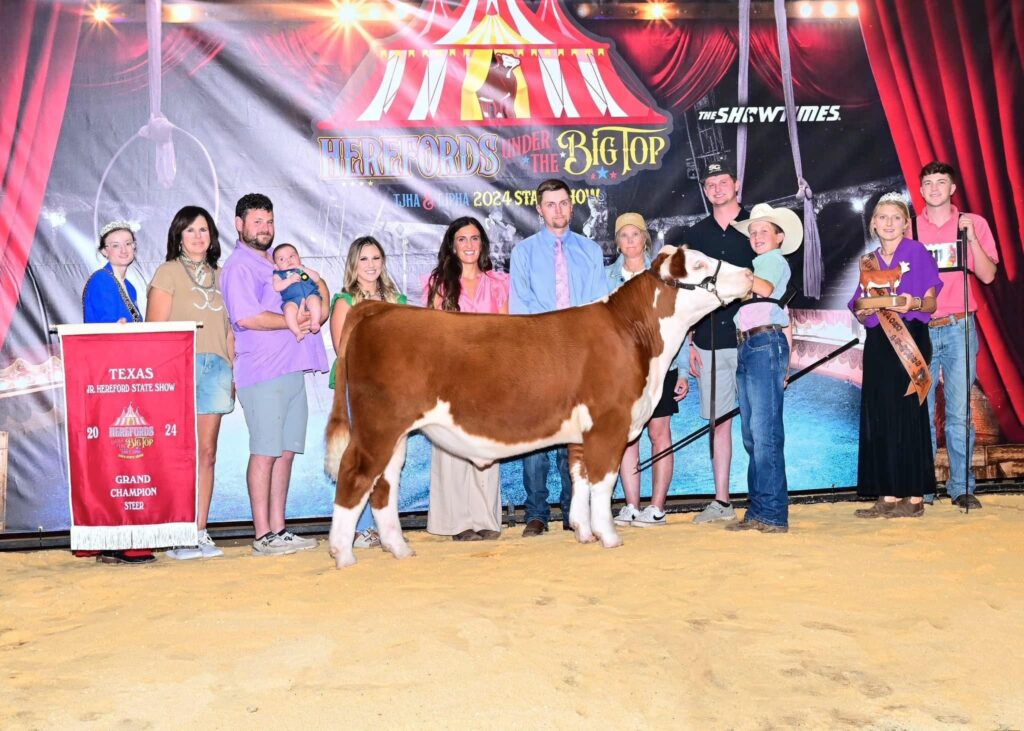
Farm & Ranch
Double M Ranch & Rescue

By Hannah Claxton, Editor
As the sun rises each day, so do the dozens of mouths that Meghan McGovern is responsible for getting fed. Rather than the sounds of a rooster crowing, McGovern hears the bellows and bleats of a variety of exotic deer, the chortle of kangaroos, the grunts of water buffaloes, and the chirps of a lemur.
Nestled against the banks of the Red River, the Double M Ranch and Rescue, with its high game fences and deer sprinkling the landscape,s its in stark contrast to the surrounding ranches.
“Having deer is kind of like eating potato chips- you can never actually have just one,” said McGovern with a laugh.
McGovern has several herds to take care of- fallow deer, axis deer, water buffalo, goats, and bison. In smaller numbers, there’s also a few kangaroos, a lemur, a potbelly pig, a pair of zebras, a watusi, and a few horses.
To read more, pick up a copy of the November edition of North Texas Farm & Ranch magazine, available digitally and in print. To subscribe by mail, call 940-872-5922.
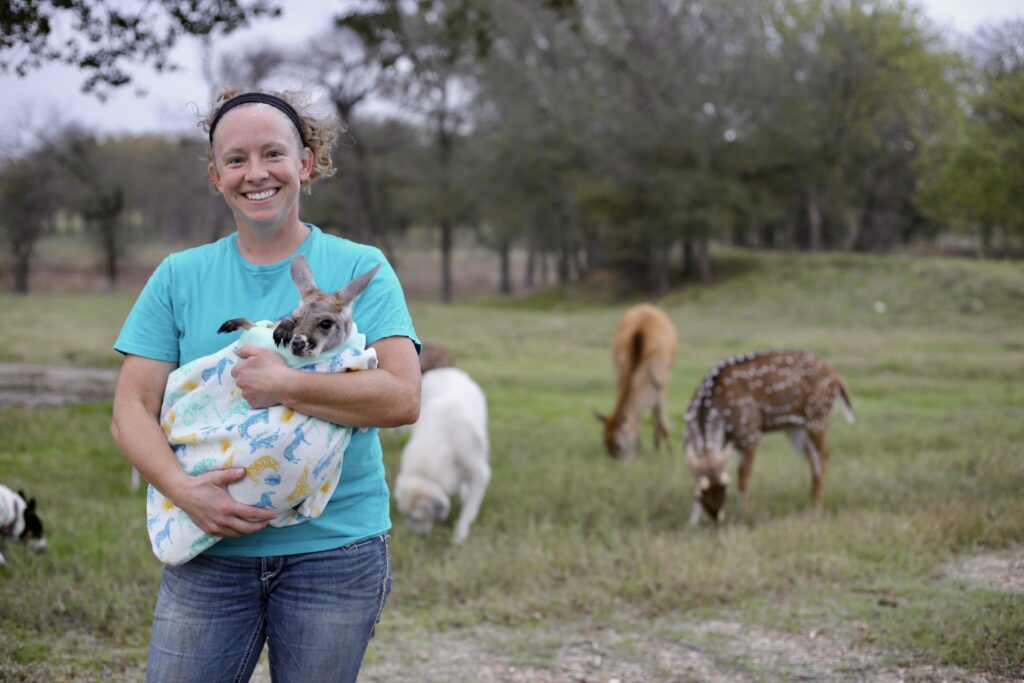
Farm & Ranch
Acorn Toxicity
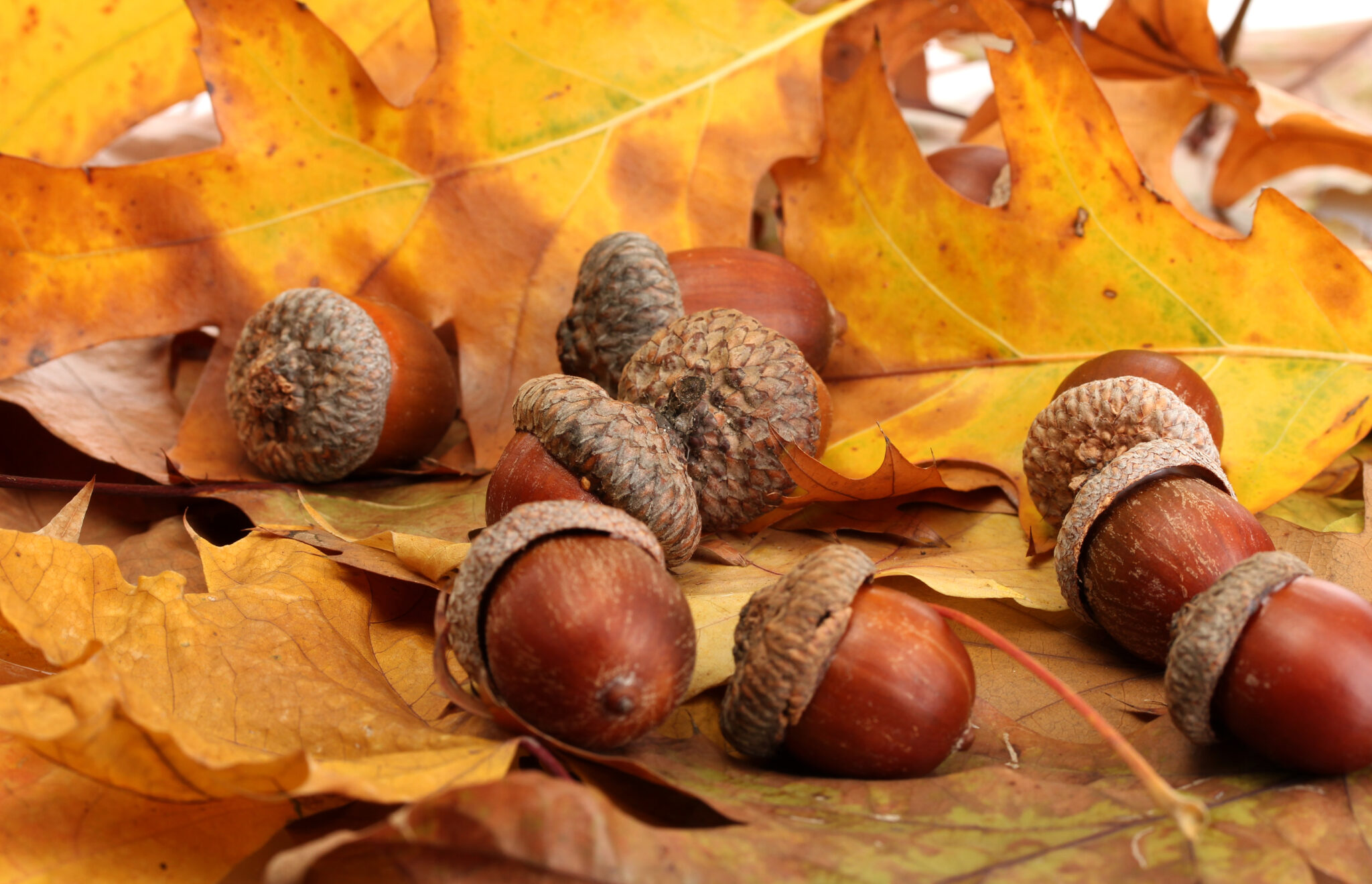
By Barry Whitworth, DVM, MPH
With the prolonged drought, most pastures in Oklahoma end up in poor condition. With the lack of available forage, animals may go in search of alternative foods.
If oak trees are in the pastures, acorns may be a favorite meal for some livestock in the fall. This may result in oak poisoning.
Oak leaves, twigs, buds, and acorns may be toxic to some animals when consumed.
To read more, pick up a copy of the November edition of North Texas Farm & Ranch magazine, available digitally and in print. To subscribe by mail, call 940-872-5922.
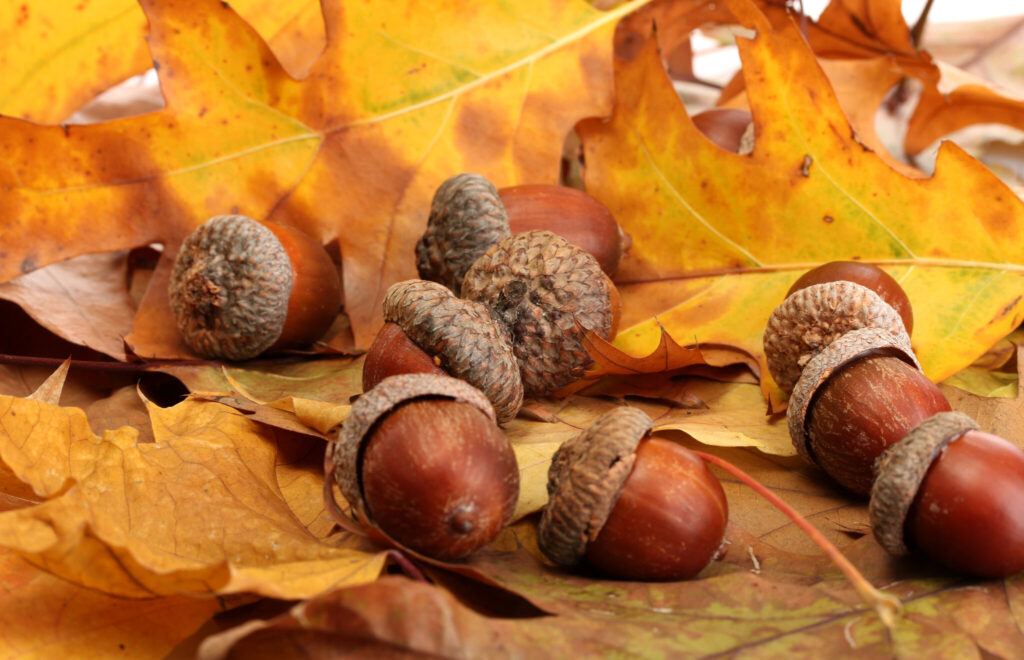
-

 Country Lifestyles2 years ago
Country Lifestyles2 years agoScott & Stacey Schumacher: A Growth Mindset
-

 Country Lifestyles8 years ago
Country Lifestyles8 years agoStyle Your Profile – What your style cowboy hat says about you and new trends in 2017
-

 HOME8 years ago
HOME8 years agoGrazing North Texas – Wilman Lovegrass
-

 Outdoor10 years ago
Outdoor10 years agoButtercup or Primrose?
-

 Country Lifestyles5 years ago
Country Lifestyles5 years agoAmber Crawford, Breakaway Roper
-

 Country Lifestyles9 years ago
Country Lifestyles9 years agoJune 2016 Profile – The man behind the mic: Bob Tallman
-

 Country Lifestyles8 years ago
Country Lifestyles8 years agoDecember 2016 Profile, Rusty Riddle – The Riddle Way
-

 Equine1 year ago
Equine1 year agoThe Will to Win

